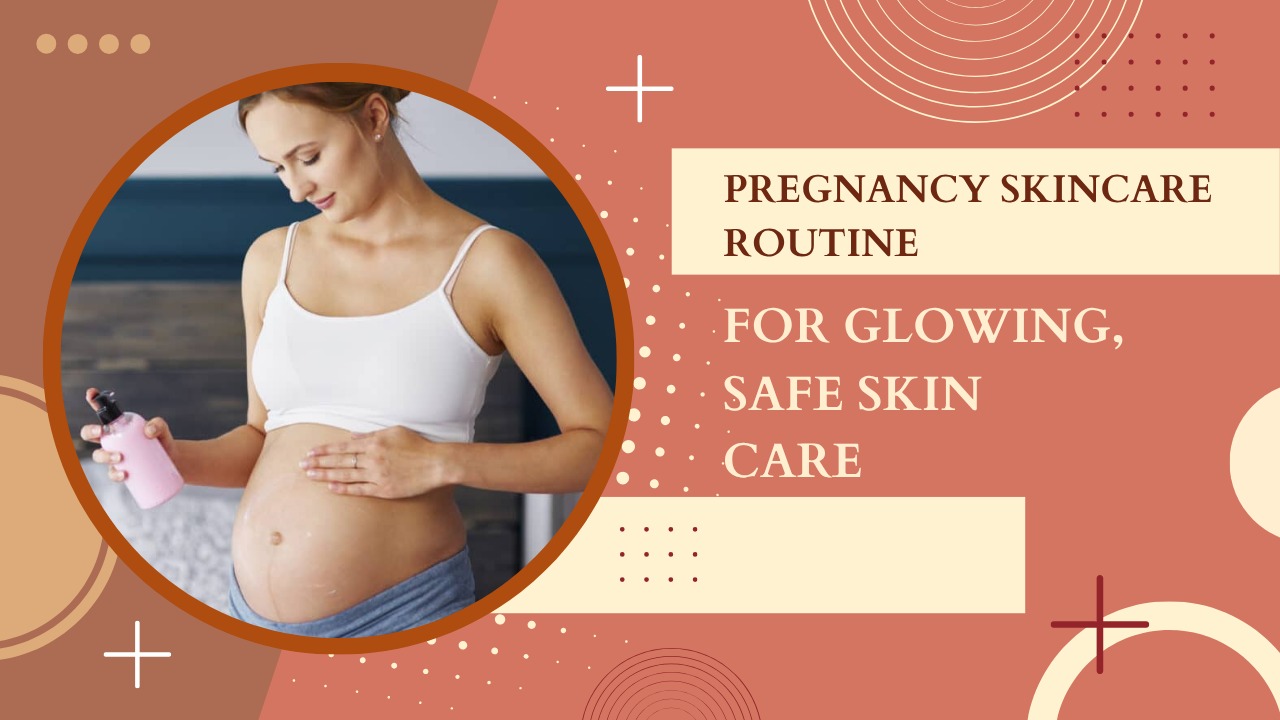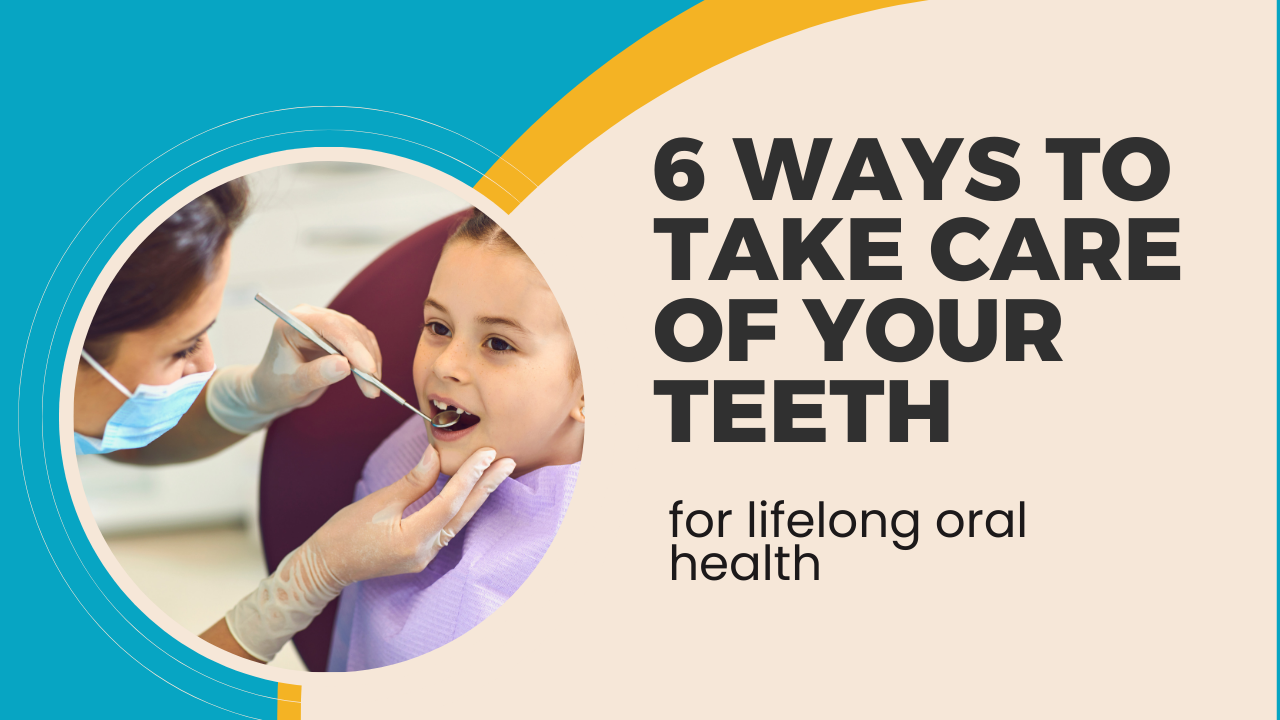Pregnancy is a transformative experience, and with it comes a wave of hormonal changes that can significantly affect your skin. From acne flare-ups and hyperpigmentation to dryness and sensitivity, many expectant mothers notice shifts in their skin’s texture and tone. Addressing these changes with a safe and effective pregnancy skincare routine is crucial to maintaining skin health and comfort.
As your body works overtime to nurture new life, your skin may need extra care and protection. Choosing gentle, pregnancy-safe products that avoid harsh chemicals like retinoids, salicylic acid, and certain essential oils is key. A balanced pregnancy skincare routine focuses on hydration, nourishment, and soothing ingredients to support the skin’s natural barrier.
Creating a daily pregnancy skincare routine not only helps manage common skin concerns but also serves as a moment of self-care. With consistency and the right products, you can keep your skin glowing and resilient throughout your pregnancy journey.
In this article, we will discuss the importance of maintaining a skincare routine during pregnancy, how to form one, the key products to use, and share eight effective tips to keep your skin healthy, glowing, and nourished throughout your pregnancy journey. We’ll cover everything from why skincare is important during pregnancy to the must-have ingredients and the best practices for your skincare routine.

Why Skincare During Pregnancy Is Important
Pregnancy often brings noticeable skin changes, primarily driven by hormonal fluctuations. These shifts can trigger acne, melasma (commonly known as the “mask of pregnancy”), dryness, increased sensitivity, and even stretch marks. The skin becomes more reactive during this period, and many everyday skincare ingredients—like retinoids and certain acids—may pose risks and should be avoided.
Understanding these changes is the first step to adapting your routine. A thoughtful pregnancy skincare routine focuses on gentle, hydrating, and non-toxic products that soothe inflammation and maintain your skin’s barrier. Ingredients like hyaluronic acid, niacinamide, and vitamin C (in safe concentrations) are excellent options for expecting mothers.
Creating a safe and consistent pregnancy skincare routine not only protects your skin but also enhances your overall comfort and confidence. Staying informed and choosing pregnancy-friendly formulations ensures that your skin remains nourished, elastic, and resilient throughout the beautiful journey of motherhood.
What to Expect with Skin Changes During Pregnancy
Increased oil production: Pregnancy hormones can increase oil production in your skin, leading to acne and breakouts.
Pregnancy Glow: Some women experience a natural glow due to increased blood circulation and hormonal changes.
Hyperpigmentation: Darker skin patches may appear on the face, especially around the cheeks, forehead, and chin.
Stretch Marks: As your body grows, the skin on your abdomen, thighs, and breasts may stretch, causing stretch marks to appear.
Dryness or Sensitivity: Due to hormonal fluctuations, some women may experience drier or more sensitive skin during pregnancy.
When to Start Your Pregnancy Skincare Routine
It’s essential to begin a pregnancy skincare routine as soon as you discover you’re expecting. Hormonal changes start early in pregnancy, often before physical symptoms appear. These changes can lead to common skin concerns like acne, sensitivity, or increased dryness. By taking a proactive approach from the beginning, you give your skin the best chance to stay balanced and healthy.
Starting early helps reduce the severity of issues such as breakouts, pigmentation, and stretch marks. Incorporating gentle cleansers, hydrating serums, and pregnancy-safe moisturizers into your daily regimen is key. Avoiding harmful ingredients like retinoids and opting for nourishing alternatives ensures both safety and effectiveness.
As your pregnancy progresses, your skin’s needs may shift. Adjusting your pregnancy skincare routine accordingly—whether to manage oiliness, dryness, or increased sensitivity—will help maintain comfort and confidence throughout the journey. A thoughtful routine supports not only your skin’s appearance but your overall well-being.
Top Tips for an Effective Pregnancy Skincare Routine
To help you achieve healthy, glowing skin while pregnant, here are the top eight skincare tips every expectant mother should follow. Each tip is paired with the benefits of incorporating it into your routine, as well as the ingredients to look for.
Cleanse Gently and Regularly

Cleansing is the first and most crucial step in any pregnancy skincare routine. During pregnancy, hormonal changes can lead to breakouts, oiliness, or increased sensitivity. Using a gentle, non-foaming cleanser twice daily helps remove dirt, sweat, and impurities without stripping the skin’s natural moisture. Avoid harsh soaps or products with sulfates, as they can cause dryness and irritation.
It’s important to choose a cleanser that is labeled safe for pregnancy—free from harmful ingredients like salicylic acid or benzoyl peroxide in high concentrations. Instead, opt for soothing ingredients like chamomile, aloe vera, or coconut-based surfactants. These not only cleanse effectively but also calm and hydrate sensitive skin.
Consistency is key. Gently washing your face morning and night as part of your pregnancy skincare routine helps prevent clogged pores and supports a healthy complexion. Keeping your skin clean and balanced lays the foundation for the rest of your pregnancy-safe products to work more effectively.
Why it’s Important: Cleansing is the first and most crucial step in any skincare routine, and it becomes even more vital during pregnancy. Due to hormonal changes, your skin might become oilier or more prone to acne and blemishes. A gentle, hydrating cleanser removes dirt, excess oil, and impurities, preventing clogged pores and breakouts without stripping your skin’s natural moisture.
How to Do It: Use a mild, non-foaming cleanser that’s free from harsh chemicals. Choose a formula with soothing ingredients that help balance the skin, like aloe vera, chamomile, or rose water.
Benefits:
Prevents acne breakouts.
Removes excess oil without drying out the skin.
Maintains your skin’s natural barrier and hydration.
Recommended Ingredients:
Aloe Vera: Hydrates and soothes the skin.
Rose Water: Calms irritation and refreshes the skin.
Chamomile Extract: Reduces inflammation and redness.
Exfoliate with Caution
Exfoliation plays an important role in a healthy pregnancy skincare routine, but it must be done with extra care. Pregnancy can make your skin more sensitive due to hormonal changes, so over-exfoliating or using harsh scrubs may lead to irritation, redness, or even microtears. Gentle exfoliation, however, helps remove dead skin cells and enhances the absorption of moisturizers and serums.
Instead of physical scrubs, choose chemical exfoliants that are safe for pregnancy. Lactic acid and azelaic acid are two commonly recommended options, as they are mild and effective at brightening the skin and preventing clogged pores without causing harm. Avoid retinoids and high-strength acids like salicylic acid unless cleared by your doctor.
Limit exfoliating to once or twice a week, and always follow up with a hydrating moisturizer. Including safe, gentle exfoliation in your pregnancy skincare routine helps maintain smooth, glowing skin while minimizing the risk of breakouts or dullness.
Why it’s Important: Exfoliating helps to remove dead skin cells, which can clog pores and lead to dull, congested skin. However, during pregnancy, your skin may become more sensitive, so it’s crucial to choose a gentle exfoliator. Over-exfoliating can lead to irritation, redness, and even an increased risk of pigmentation.
How to Do It: Exfoliate once or twice a week with a mild scrub or an exfoliating toner that contains natural enzymes like papaya or pineapple. Avoid harsh physical scrubs with large grains, as these can irritate the skin.
Benefits:
Helps clear clogged pores.
Promotes smoother, more radiant skin.
Prevents breakouts and promotes cell renewal.
Recommended Ingredients:
Papaya Enzyme: Gently exfoliates and brightens the skin.
Hyaluronic Acid: Helps retain moisture, leaving your skin plump.
Lactic Acid: Exfoliates gently and promotes skin cell turnover.
Hydrate and Moisturize Daily
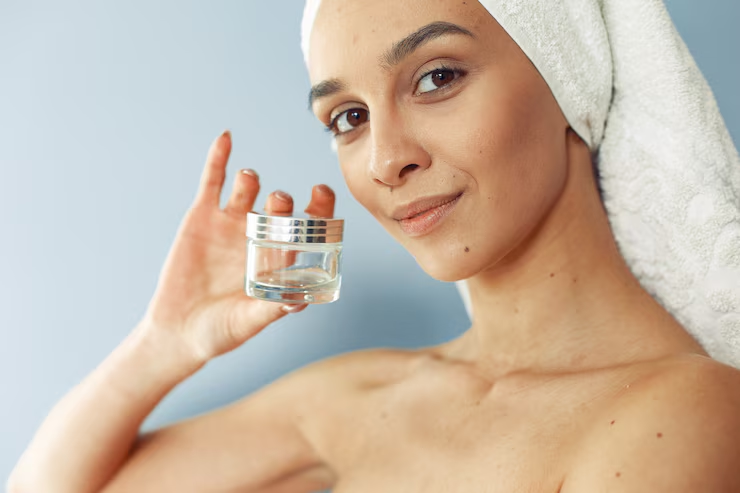
Hydration is key during pregnancy, not just for your body but also for your skin. As hormonal fluctuations affect your moisture balance, you may notice increased dryness or tightness. That’s why incorporating hydrating products into your pregnancy skincare routine is essential for maintaining a soft, supple complexion throughout each trimester.
Look for gentle, fragrance-free moisturizers that are packed with skin-replenishing ingredients like hyaluronic acid, glycerin, and ceramides. These help lock in moisture without irritating sensitive pregnancy skin. Applying moisturizer right after cleansing traps hydration and reinforces the skin’s natural barrier, which can become weakened during pregnancy.
Don’t forget to hydrate from within, too—drinking plenty of water supports both your skin and your baby’s development. When your skin is well-moisturized, it’s better equipped to stretch comfortably, which may reduce the risk of stretch marks. Daily hydration and moisturization are non-negotiable steps in any effective pregnancy skincare routine.
Why it’s Important: Pregnant women often experience dry skin or irritation due to hormonal changes. Hydration is key to maintaining skin elasticity, preventing dry patches, and soothing any irritation or inflammation. Proper moisturizing also helps prevent stretch marks by keeping the skin supple and elastic.
How to Do It: Choose a pregnancy-safe moisturizer with rich ingredients like shea butter, cocoa butter, or vitamin E. Apply your moisturizer right after cleansing, while your skin is still slightly damp to lock in moisture.
Benefits: Keeps the skin hydrated and nourished.
Prevents dry patches and tightness.
Supports the skin’s elasticity and helps minimize the appearance of stretch marks.
Recommended Ingredients:
Shea Butter: Deeply moisturizes and nourishes dry skin.
Cocoa Butter: Improves skin elasticity and minimizes stretch marks.
Vitamin E: A powerful antioxidant that heals and soothes skin.
Protect Your Skin from the Sun
Sun protection is especially important during pregnancy, as hormonal changes can increase skin sensitivity and the likelihood of developing melasma—dark patches on the face often referred to as the “mask of pregnancy.” This makes incorporating sun protection into your pregnancy skincare routine absolutely essential.
Choose a broad-spectrum sunscreen with SPF 30 or higher, and opt for mineral-based formulas containing zinc oxide or titanium dioxide, which are considered safe for use during pregnancy. These ingredients sit on top of the skin and reflect UV rays without being absorbed, making them ideal for sensitive, changing skin.
Apply sunscreen every morning, even on cloudy days or when staying indoors near windows. Wearing a wide-brimmed hat and seeking shade when outdoors also adds extra protection. Consistent sun protection not only helps prevent pigmentation issues but also supports the long-term health and appearance of your skin during and after pregnancy—an essential step in your pregnancy skincare routine.
Why it’s Important: During pregnancy, many women experience the “mask of pregnancy” (melasma), a condition that causes brown or gray patches on the face. Hormonal fluctuations can make your skin more prone to sun damage and pigmentation. Therefore, using sunscreen daily is essential to protect your skin from harmful UV rays and prevent further pigmentation issues.
How to Do It: Apply a broad-spectrum sunscreen with an SPF of at least 30 every day, even if you’re indoors. Reapply it throughout the day if you’re spending time outside.
Benefits:
Prevents sunburn and premature aging.
Reduces the risk of pigmentation and dark spots.
Protects your skin from UV damage.
Recommended Ingredients:
Zinc Oxide: Provides physical sun protection without chemicals.
Titanium Dioxide: A gentle mineral sunscreen ingredient.
Vitamin C: Offers additional antioxidant protection.
Treat Acne and Blemishes Safely
Hormonal fluctuations during pregnancy often lead to increased oil production, which can trigger breakouts and blemishes. While it’s common, treating acne during this time requires extra caution, as many over-the-counter products contain ingredients that aren’t safe for pregnant women. A gentle, well-researched pregnancy skincare routine can help manage acne without harming you or your baby.
Look for pregnancy-safe ingredients like azelaic acid or sulfur, which can help reduce inflammation and kill acne-causing bacteria. Avoid products with retinoids, salicylic acid in high concentrations, and benzoyl peroxide unless approved by your doctor. Always read labels and consult a healthcare provider when in doubt.
Consistency is key—stick to a routine that cleanses, treats, and moisturizes without over-drying the skin. Spot treatment can help with active breakouts, but prevention through gentle care and hydration should remain your focus. Addressing acne with safe, targeted care is an essential part of a thoughtful pregnancy skincare routine.
Why it’s Important: Hormonal shifts during pregnancy can lead to an increase in acne, particularly during the first and second trimesters. It’s essential to treat acne with pregnancy-safe products, as many over-the-counter acne treatments contain ingredients that may not be safe for your baby.
How to Do It: Look for products containing benzoyl peroxide (in low concentrations) or salicylic acid (derived from willow bark). Avoid retinoids and other harsh chemicals. For mild breakouts, a gentle tea tree oil treatment can be effective.
Benefits:
Reduces acne breakouts.
Balances oil production.
Fights bacterial infection without irritating sensitive skin.
Recommended Ingredients:
Salicylic Acid (2%): Unclogs pores and reduces acne.
Tea Tree Oil: A natural antibacterial agent that helps treat acne.
Zinc: Reduces inflammation and regulates oil production.
Massage with Stretch Mark Creams or Oils
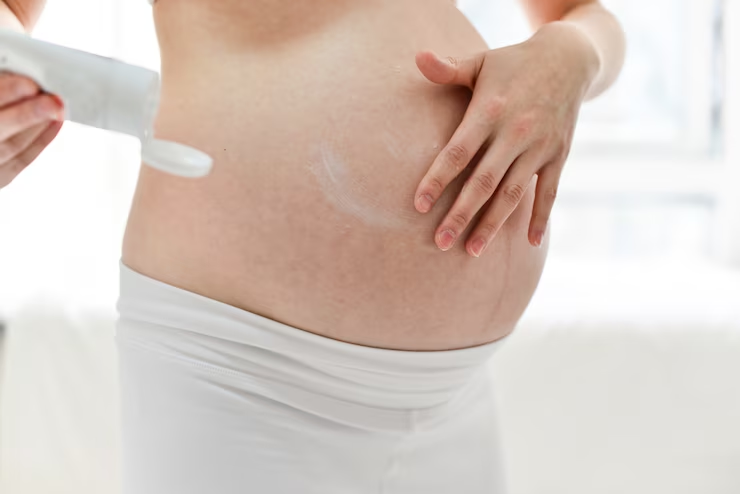
Stretch marks are a common concern during pregnancy, especially as the skin rapidly expands to accommodate your growing baby. To support skin elasticity and minimize the appearance of stretch marks, incorporating targeted creams or oils into your pregnancy skincare routine can be highly beneficial. Ingredients like cocoa butter, shea butter, vitamin E, and almond oil are widely recommended for their nourishing and hydrating properties.
Regular massage with these products helps improve blood circulation and keeps the skin supple, which can reduce the severity and visibility of stretch marks. For best results, massage the cream or oil into areas prone to stretching—such as the belly, thighs, hips, and breasts—twice a day.
Consistency is key. While no product can guarantee complete prevention, staying hydrated, eating a nutrient-rich diet, and maintaining a daily pregnancy skincare routine focused on moisture and care will help your skin adapt more comfortably and recover more effectively postpartum.
Why it’s Important: As your body grows, your skin stretches. While stretch marks are genetic, regular massage with nourishing oils or creams can help maintain skin elasticity, improving the appearance of stretch marks.
How to Do It: Massage a stretch mark cream or oil into areas that are prone to stretching (like the abdomen, thighs, and breasts) at least once a day.
Benefits:
Improves skin elasticity.
Helps reduce the appearance of stretch marks.
Nourishes and softens the skin.
Recommended Ingredients:
Vitamin E: Supports skin healing and elasticity.
Centella Asiatica (Gotu Kola): Promotes collagen production and skin regeneration.
Rosehip Oil: Helps improve skin elasticity and reduce stretch marks.
Stay Hydrated and Eat a Balanced Diet
Hydration and nutrition are often overlooked in a pregnancy skincare routine, but they play a vital role in maintaining healthy skin during this transformative time. Drinking plenty of water helps flush out toxins, maintain elasticity, and prevent dryness, which is especially important as your skin stretches to accommodate your growing baby.
In addition to water, eating a balanced diet rich in vitamins, antioxidants, and healthy fats supports your skin from the inside out. Include foods high in vitamin C, E, zinc, and omega-3 fatty acids—such as citrus fruits, leafy greens, nuts, seeds, and fish—to promote collagen production and overall skin health.
When combined with topical care, proper hydration and nutrition enhance your pregnancy skincare routine by strengthening the skin’s barrier and promoting a radiant complexion. By nurturing your body with the right fluids and nutrients, you’ll help your skin stay soft, resilient, and more capable of handling pregnancy-related changes.
Why it’s Important: Good skincare doesn’t just come from external products—it’s essential to nourish your skin from the inside out. Staying hydrated and eating a balanced diet rich in vitamins, antioxidants, and essential fatty acids can help promote healthy skin during pregnancy.
How to Do It: Drink plenty of water and incorporate foods like leafy greens, fruits, nuts, and seeds into your diet. Omega-3 fatty acids (from foods like salmon and flaxseed) are particularly beneficial for your skin.
Benefits:
Hydrates the skin from within.
Promotes skin health and elasticity.
Reduces the risk of skin irritation and breakouts.
Recommended Ingredients:
Vitamin C: Promotes collagen production and brightens skin.
Omega-3 Fatty Acids: Hydrates and reduces inflammation.
Antioxidants (like Vitamin E): Protect the skin from free radical damage.
Be Gentle with Your Skin
Being gentle with your skin is a core principle of any effective pregnancy skincare routine. During pregnancy, hormonal changes can make your skin more sensitive, reactive, and prone to irritation. Harsh rubbing, aggressive scrubbing, or using products with strong chemicals can damage your skin barrier and lead to redness, dryness, or even breakouts.
Opt for soft washcloths, lukewarm water, and gentle patting motions when cleansing or drying your face. Choose fragrance-free, hypoallergenic skincare products that are specially formulated for sensitive skin. Avoid ingredients like retinoids, salicylic acid in high concentrations, or strong chemical peels, which may not be safe during pregnancy.
By being mindful and gentle with your skincare routine, you help maintain a calm, balanced complexion and avoid triggering unnecessary skin reactions. A nurturing pregnancy skincare routine not only protects your skin’s health but also helps you feel more relaxed and confident as you embrace the changes of motherhood.
Why it’s Important: Pregnancy hormones can make your skin more sensitive, so it’s essential to be gentle with your skincare routine. Harsh exfoliants, products with strong fragrances, or aggressive scrubbing can irritate the skin and cause inflammation or breakouts.
How to Do It: Avoid aggressive physical scrubs, opt for fragrance-free products, and always pat your skin dry instead of rubbing. Choose products designed for sensitive skin.
Benefits:
Prevents skin irritation.
Maintains the skin’s natural moisture balance.
Keeps the skin calm and comfortable.
Recommended Ingredients:
Chamomile Extract: Calms and soothes sensitive skin.
Aloe Vera: Hydrates and reduces irritation.
Fragrance-Free: Avoids unnecessary irritation from synthetic fragrances.
Conclusion
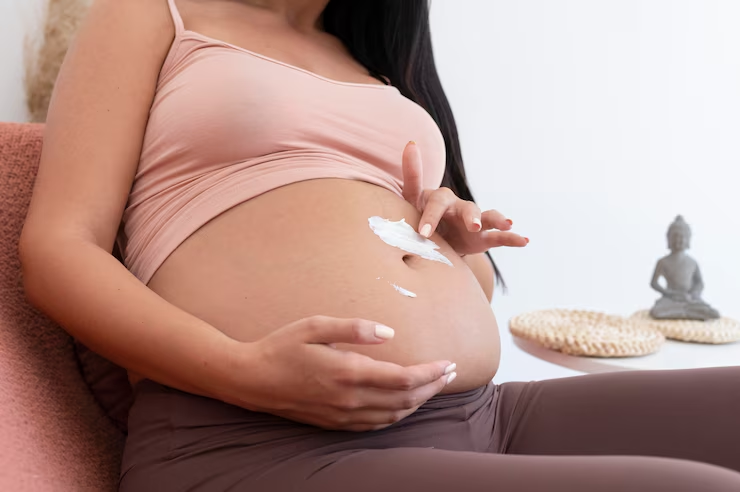
Being gentle with your skin is a vital aspect of a healthy pregnancy skincare routine. Pregnancy triggers various hormonal changes that can make your skin more delicate and reactive. As a result, even mild irritants can lead to inflammation, redness, or breakouts. Harsh scrubbing, strong exfoliants, or chemical-heavy products can worsen these issues.
To avoid irritation, use soft towels, lukewarm water, and gently pat your face dry. Look for skincare products that are fragrance-free, hypoallergenic, and formulated for sensitive skin. Avoid potentially harmful ingredients such as high-strength salicylic acid, retinoids, or strong acids, which are not considered safe during pregnancy.
Taking a gentle, mindful approach to your pregnancy skincare routine helps soothe your skin and maintain its balance throughout each trimester. This kind of nurturing care not only enhances your natural glow but also brings comfort and confidence as you go through the physical and emotional changes of pregnancy.
FAQs
Q1. What is the best pregnancy skincare routine ?
A pregnancy skincare routine should include gentle cleansing, moisturizing, sun protection, and safe treatments for common issues like acne or dryness, using pregnancy-safe products.
Q2. Can I use my regular skincare products during pregnancy ?
Not always. Some ingredients in regular skincare can be harmful during pregnancy. It’s best to adapt your pregnancy skincare routine by avoiding retinoids, salicylic acid (in high doses), and certain essential oils.
Q3. How often should I follow a pregnancy skincare routine ?
Ideally, follow your pregnancy skincare routine twice daily—morning and night—to keep your skin clean, hydrated, and protected from external stressors.
Q4. Is it safe to use acne treatments while pregnant ?
Some are, but many are not. Always consult a dermatologist to ensure the treatments you include in your pregnancy skincare routine are baby-safe.
Q5. Why does my skin change so much during pregnancy ?
Hormonal shifts can cause breakouts, pigmentation, and sensitivity. A tailored pregnancy skincare routine helps manage these changes safely.

